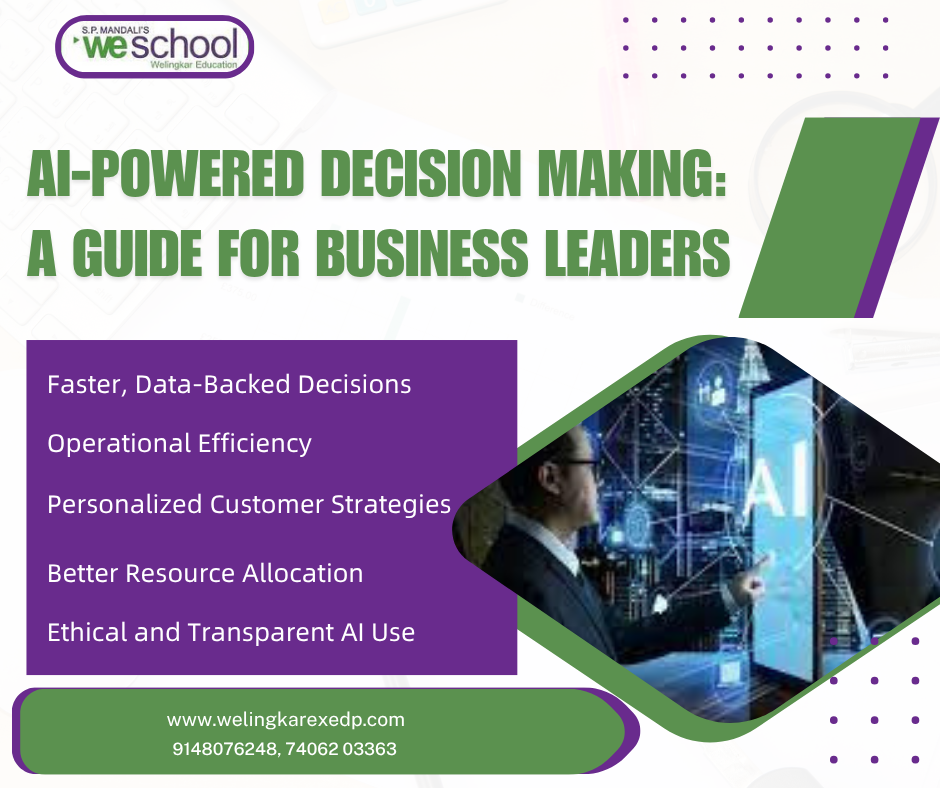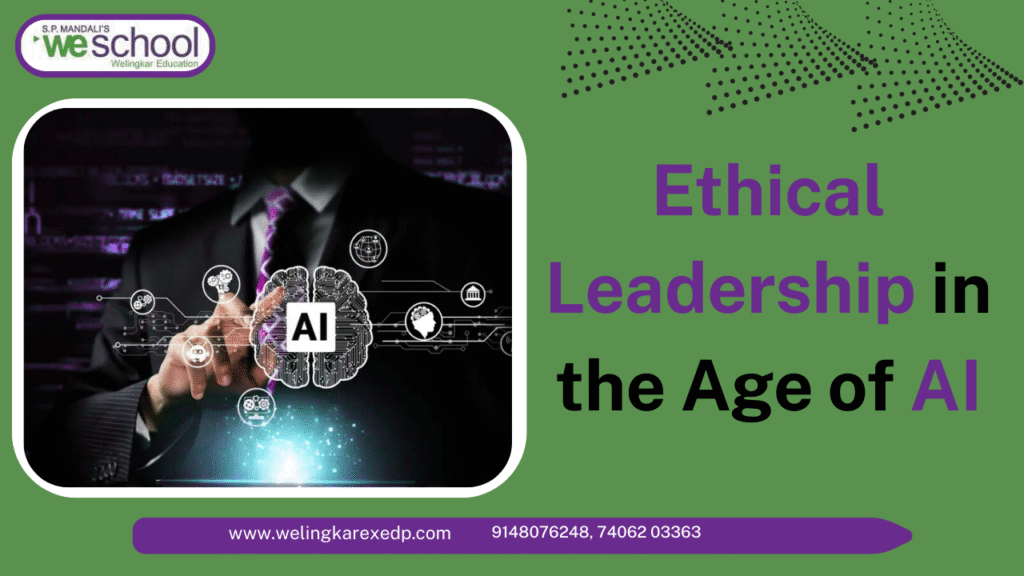Applications of Artificial Intelligence in Business Today
Artificial Intelligence (AI) is not a buzzword anymore; it is the basis on which modern businesses run, compete, and develop. AI has been at the center of innovation in any industry, including automation of customer support, supply chain optimization, and consumer behavior prediction.
Whether large or small, across sectors, organizations today are leveraging the possibility of AI to not only revolutionize the way they operate, but also the experience they provide to a client and customer. To ensure that they remain at the forefront of the competition and make informed, effective decisions, business professionals need to have an idea of the application of AI in business.
Why AI is important in Business
It is an era where there is so much data, and decisions have to be made quicker than before. That is where AI comes in – speed, scalability, and precision. When organizations incorporate AI systems into their business processes, they can eliminate human error, automate processes, and tap into new value streams.
Individuals with knowledge of the most important artificial intelligence use cases can play a vital role with regard to digital transformation efforts. And with the ever-changing capabilities of AI, individuals with the appropriate mentality and expertise will be pioneers in this transformation.
Top Applications of AI in Business
The following are some of the most potent and popular applications of AI in business practice that are defining the modern workplace.
1. AI-Powered Customer Service
Customer service is being transformed by chatbots, virtual assistants, and automated helpdesks. AI enables businesses to process thousands of queries at the same time, provide 24/7 service, and direct problems to the proper teams without much friction.
Customer service is one of the most popular artificial intelligence use cases that can increase satisfaction and lower operational expenses.
2. Predictive Analytics and Forecasting
AI models have the capability of analyzing past data to make valid predictions. Companies utilize it to predict sales, determine demand, identify fraud, and even customer churn.
To marketers and supply chain specialists, the application of AI in business allows them to plan inventory and run campaigns smartly.
3. Personalization and User Experience
It can be tailoring of products on an e-commerce site or a customized email, but AI can ensure that each user sees relevant content. This enhances interaction, retention, and revenue.
Knowledge about consumer behavior and the ability to adjust content according to real-time indicators is a well-established artificial intelligence use case in such industries as retail and entertainment.
4. AI in Human Resource Management
The AI is currently in practice in resume screening, employee sentiment analysis, and attrition prediction. This assists the HR professionals in making important hiring choices and creating better teams.
Employees nowadays are being introduced to AI tools in the context of engagement and experience design by professionals focusing on organizational design and design thinking.
5. Intelligent Automation in Finance and Operations
As compared to invoice processing to fraud detection, AI-driven systems can handle large transactional data with accuracy and speed. It results in better compliance, less time for processing, and savings in costs.
The application of AI in business guarantees uniformity and precision in repetitive yet important financial activities.
6. AI in Marketing and Sales Optimization
With AI, lead scoring, dynamic pricing, campaign optimization, and even automated content can all be done. Marketers are now in a position to send the right message at the right time using data.
This is one of the most effective artificial intelligence use cases that professionals should be aware of and apply when they are learning digital strategies.
7. Supply Chain Optimization
AI can be used to track logistics, keep track of the warehouse, and find the most optimized routes in real-time. It enables companies to reduce delays and stockouts and enhances transparency.
This software not only reduces the costs but also increases reliability and sustainability in operations.
8. AI in Risk Management and Cybersecurity
As cyber threats increase, AI models can identify any deviations in the network activity and warn about possible breaches in advance. AI is used in identity verification, fraud detection, and transaction monitoring in industries such as banking.
This is one of the most important use cases of artificial intelligence that protects data and trust.
Why Professionals Must Understand These AI Applications
With the increasing level of data-driven Business, employers are keen on hiring individuals with knowledge of the strategic and practical aspects of AI. To individuals seeking to fast-track their careers, particularly in the fields that entail marketing, analytics, HR, operations, or finance, acquaintance with the application of AI in business is evolving into an essential trait, as opposed to a desirable one.
This is why such future-oriented programs as the AI course in Bangalore provided by Welingkar are aimed at filling the gap between the business strategy and AI implementation.
How to Get Started in AI for Business
One does not have to be a data scientist to use AI in Business. You do require a solid background in business sense, data literacy, and new technologies. The individuals who become familiar with the basics of AI tools and their real-life applications are valued in the workplace.
The courses with both theoretical and practical simulations enable you to learn how to address the issues with the use of AI tools in HR, marketing, and operations.
Such executive education programs are available at Welingkar Institute of Management Development and Research, which enable mid-career professionals as well as new learners to match the industry requirements.
Conclusion
The sphere of Business is also changing due to AI because of its productivity and decision-making. Learning the application of AI in business is not a preserve of technologists. It is a necessary skill for any professional who wants to make a difference in a digital-first society.
You can be an innovation leader in your organization by becoming familiar with actual artificial intelligence application scenarios so you can add value and vision to your industry.
Be the next step in your AI journey through the Welingkar Institute of Management Development and Research, which has executive programs aimed at business impact.
FAQs
What are the most popular AI uses in Business?
Customer support, marketing, HR, finance, and supply chain activities use AI. These are how AI can be used in Business to automate, optimize, and personalize key processes.
Do I require a technology background to comprehend artificial intelligence use cases?
By no means. Several AI courses are designed to fit business people. All you require is the basic digital literacy and the urge to learn.
What are the decision-making and forecasting applications of AI?
AI can study the trends of the past to predict future trends. This helps in improved inventory planning, targeting the customers, and operational efficiency, which makes it one of the most useful artificial intelligence applications.



